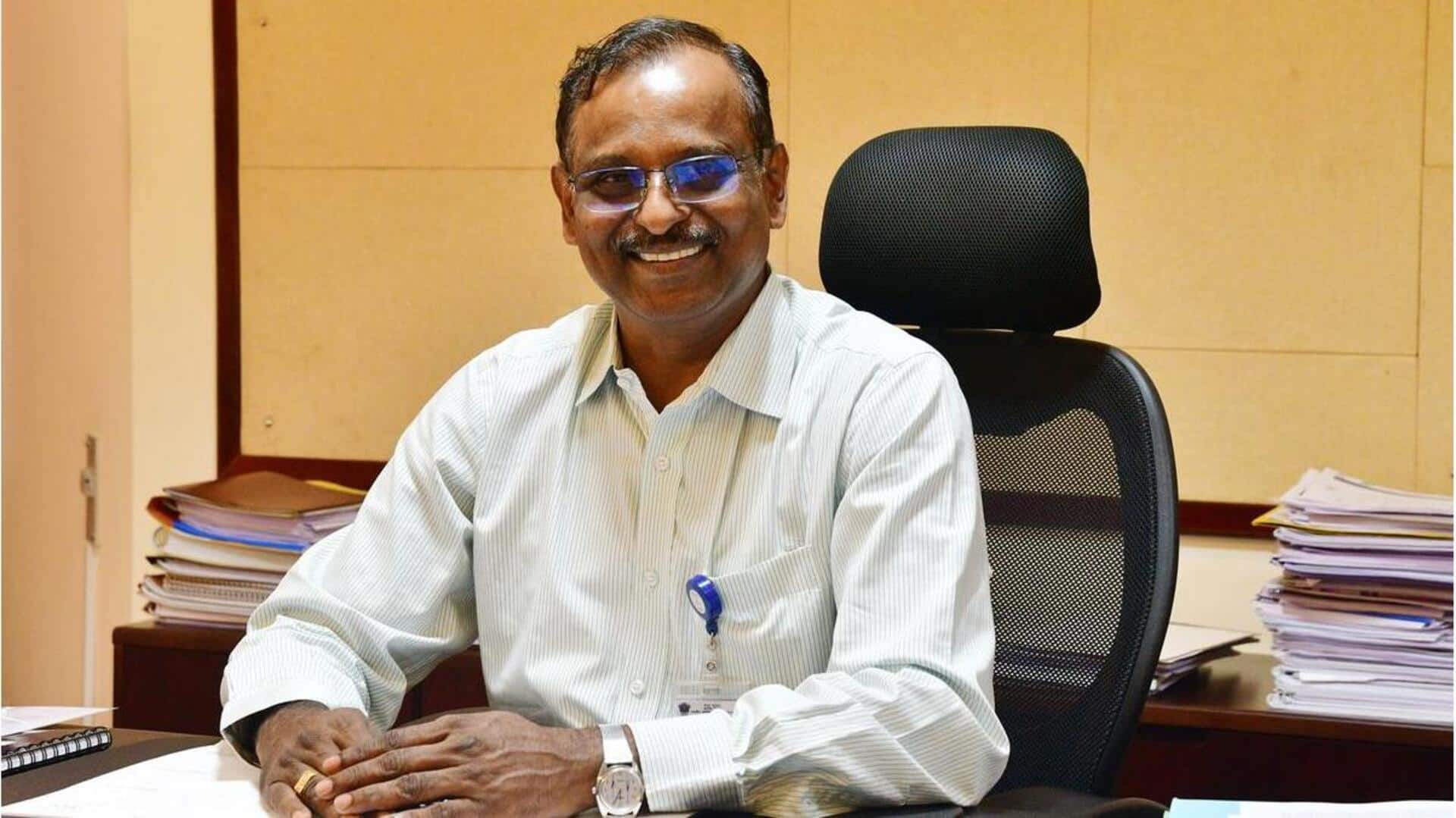
ISRO to expand space applications under 'Viksit Bharat 2047' plan
What's the story
Indian Space Research Organization (ISRO) Chairman V Narayanan on Friday, announced the space agency's contribution toward 'Viksit Bharat 2047.' He made the announcement at the inaugural session of National Meet 2025. The event was described by Narayanan as a major step in bringing space applications to the grassroots level for citizens. Today, there are over 55 space applications covering everything from TV broadcasting to weather forecasting.
Technological evolution
Narayanan on India's space technology progress
Narayanan reflected on India's technological evolution, noting that the country didn't have satellite technology 50 years ago. He highlighted the recent success of NISAR (NASA-ISRO Synthetic Aperture Radar Satellite), which became the world's most expensive satellite last month. "The entire satellite is built by ISRO and launched using our own rocket precisely into orbit," he said, emphasizing India's progress in space technology.
Achievements and aspirations
Major achievements in 2025
Narayanan also highlighted ISRO's major achievements in 2025, including its 100th rocket launch on January 29. He noted that India is now one of four countries to successfully dock and undock two satellites in orbit. "We are meeting for the inaugural function to ensure continuity in improvement and to make our operational applications more accurate, frequent, and responsive to users," he said.
Mission growth
ISRO's mission count doubles
Earlier, Narayanan had said that ISRO has almost doubled its mission count between 2015 and 2025 compared to the previous decade (2005-2015). "In the last 10 years, the progress is phenomenal, exponential," he said at the conference. He also lauded Group Captain Shubhanshu Shukla for being the first Indian to visit the International Space Station (ISS).